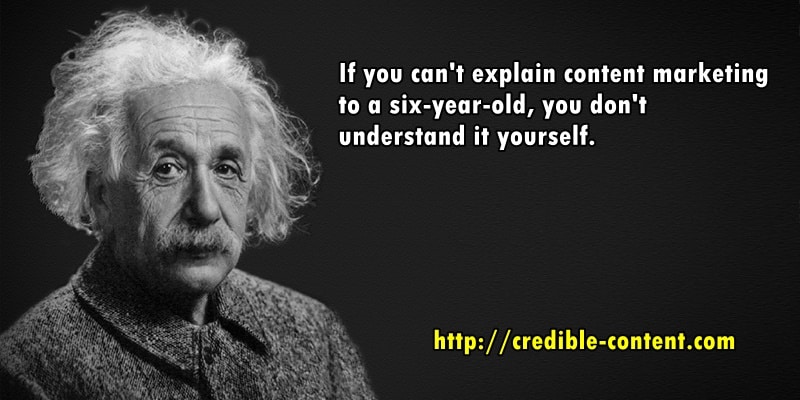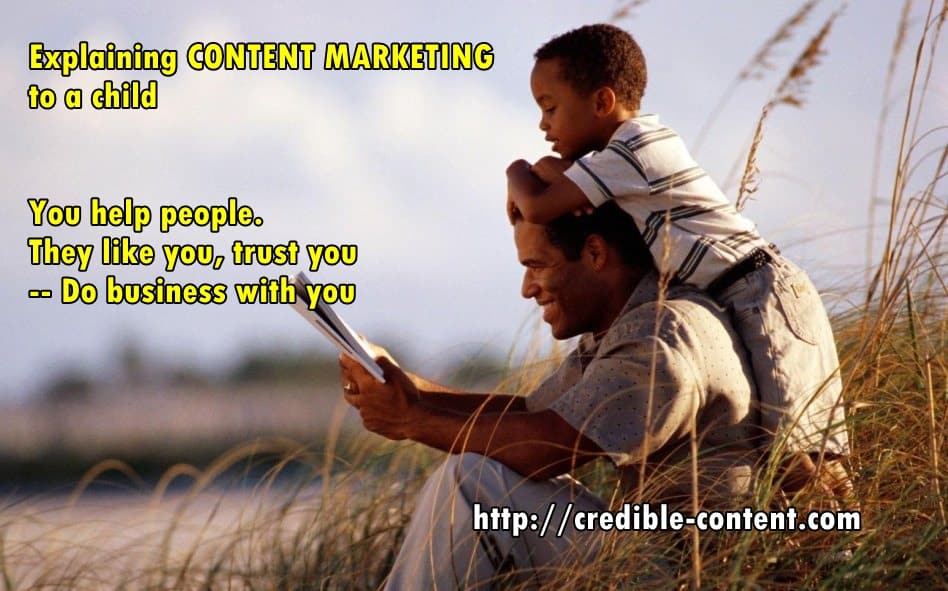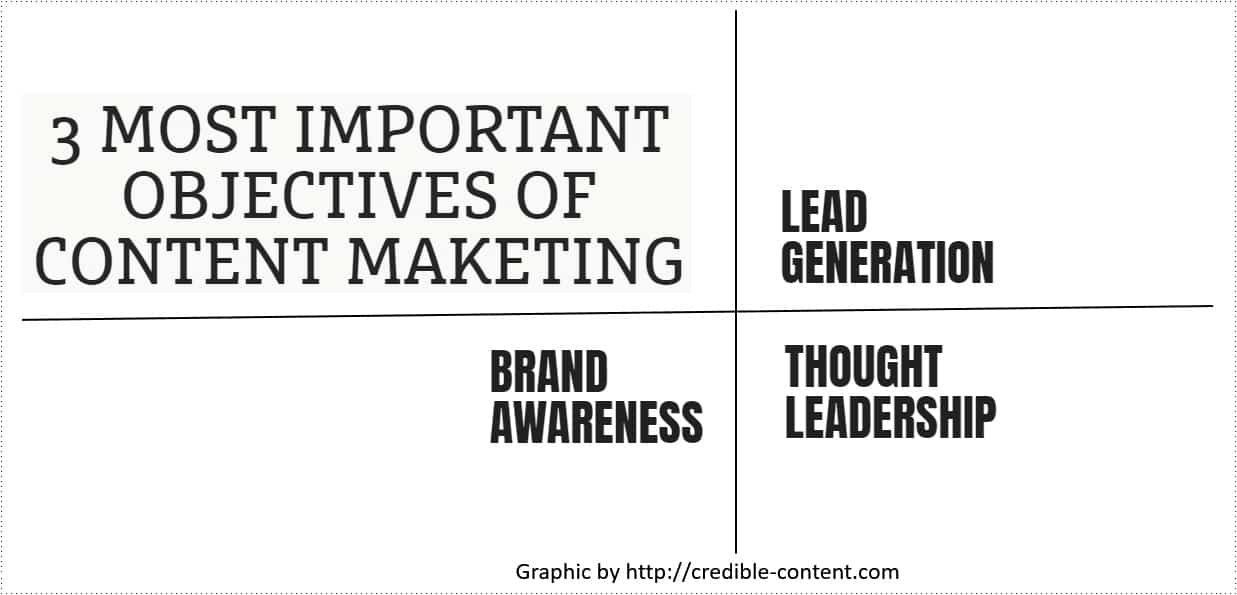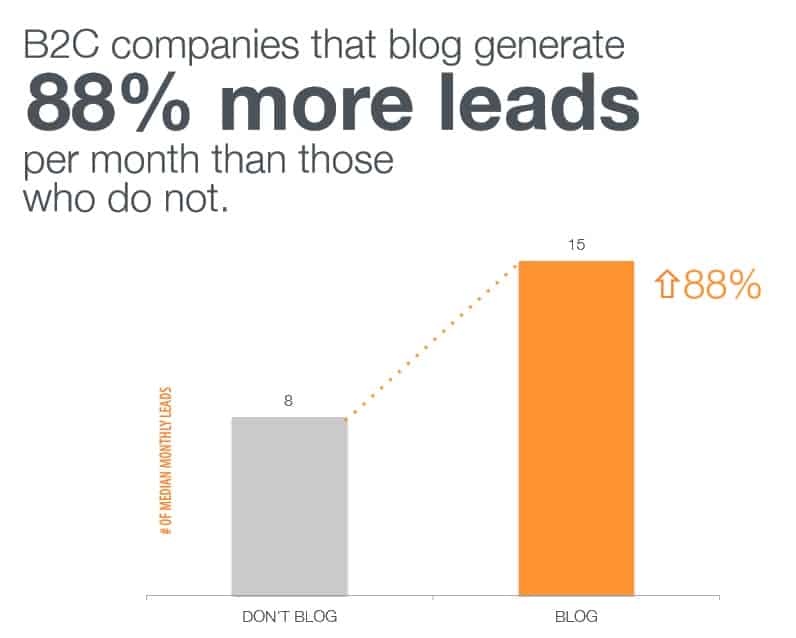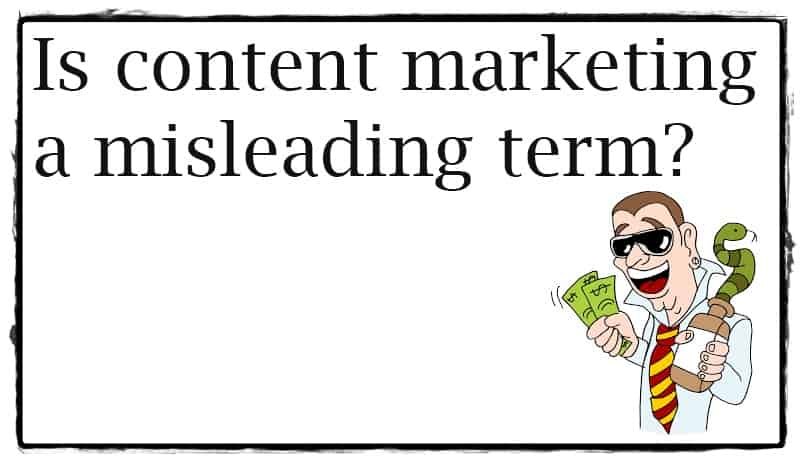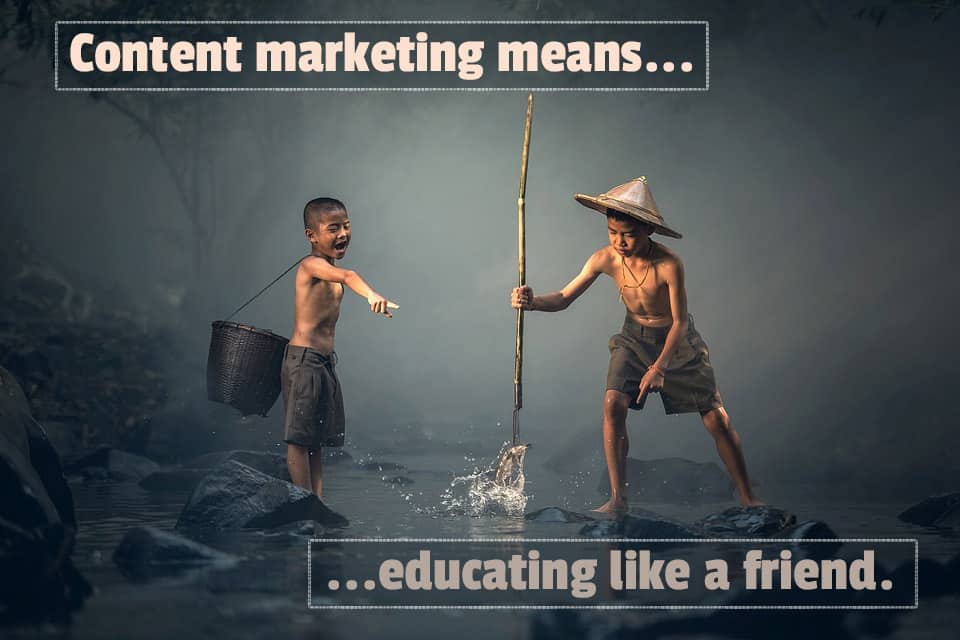 No, I’m not asking this question. Avinash Kaushik has raised this question in his recent newsletter. Actually, he has taken an example from a Think with Google web page and has dissected various sections of the page to illustrate that the writer has merely thrown around his verbosity without communicating anything concrete. Here is the web link to Avinash’s latest newsletter update.
No, I’m not asking this question. Avinash Kaushik has raised this question in his recent newsletter. Actually, he has taken an example from a Think with Google web page and has dissected various sections of the page to illustrate that the writer has merely thrown around his verbosity without communicating anything concrete. Here is the web link to Avinash’s latest newsletter update.
The title of his newsletter is very apt: “Stop telling me Jesus was great”.
What it means to say is, through your content, stop telling something people already know. Stop telling that has been told thousands of times already. Tell something that I don’t know. If you are simply regurgitating everybody else’s message, through your content marketing you are just indulging in sophisticated PR exercise to get traffic to your website.
There is a reason why I’m talking about Avinash’s newsletter. The example that he has given is not of content marketing but of landing page copywriting.
From the landing page copywriting example, he has tried to deliver a larger message – your content marketing should be about communicating something which is highly useful, and hasn’t yet been communicated.
The Think with Google link actually makes no sense. It tries to deliver a very weighty message but in the end, ends up conveying nothing. The writer seems to be too impressed with himself or herself.
He first mentions three pointers published on the Google link: 1: Accumulate and integrate. 2: Unearth insights that matter. 3: Turn data into action.
Is there something new what is being said above? Doesn’t everyone these days tell you to use data to get insight? Aren’t organizations and even political parties using big data to decide what is the next step they need to take?
Anyway, I’m not writing this post to talk about what Avinash has to say about this particular link and it would be better that for that you read his update on the link above. I’m interested in the last para of his newsletter:
There is one major flaw in my analysis above. Perhaps the point of Content Marketing is to selfishly engage in Public Relations exercises. Hence, there is absolutely no attempt at understanding what the audience wants/needs and no attempt at creating anything that solve for anyone except the pimping company. The only goal is to cheat the audience of their precious attention. This strategy would be odd, but if that is your explicit strategy then nothing I’ve said above applies.
I can understand his general comment on the state of content marketing, that it is often used to create a senseless presence on the Internet to draw traffic from all over the web and when people actually arrive at the website, no purpose is solved. In that sense, you may like to read 3 Most Important Objectives of Content Marketing.
But pertaining to the Google link, it is a copywriting failure rather than a content marketing failure.
Content marketing is definitely not merely a PR exercise. It is an educational exercise. You educate people so that they can make a better decision.
I will give you an example from my client without revealing his identity:
My client is offering a service that is being offered by thousands of other service providers. But there are some features that only he is providing.
His problem is, his target audience doesn’t even know what problems it is facing. For his content marketing, he needs to
- Make people aware of the problems they are having.
- Explain to them what they are losing due to the problems they have.
- Tell them that an efficient solution is available.
- Tell them that that efficient solution is available with my client.
- Convince people into going for that solution.
So, it is a complete educational process. Through ongoing education, I need to tell the prospective clients of my client what they are missing if they’re not working with my client.
Efficient content marketing empowers your customers and clients. It gives them solutions they’re looking for. It also gives them solutions they’re not looking for presently, but they need those solutions.
This should be achieved in very plain language unlike the Google link above. Live examples should be given rather than simply making claims.
Show, don’t tell, is the fundamental principle of content marketing.


